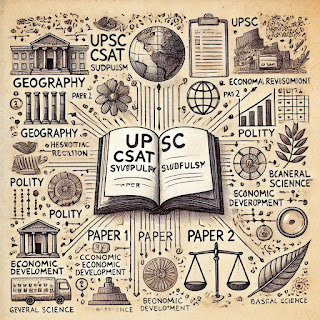UPSC prelims examination 2016: CSAT results declared
The UPSC prelims exam 2016 results were declared on September 16, 2016. The results were uploaded on the UPSC.GOV.IN website.
The prelims exam was conducted on August 07, 2016 in two parts, and the UPSC civil services main exam is scheduled from December 03, 2016. Successful candidates of UPSC prelims exam are required to fill the DAF (Detailed Application Form) on the official website of UPSC from October 07, 2016 to October 20, 2016 till 6:00 PM.
The upsc notification stated that the candidates appearing for the main examinations need to download e-admit card two weeks before the commencement of the main examination. The schedule of the examination will also be available during the period of download of e-admit card.
According to UPSC, the marks, cut-off marks and answer keys of prelims exam held on August 07, 2016 will be available on the upsc website only after completion of the entire process for the Civil Services Examination 2016. It is expected that the final UPSC civil services mains 2016 result will be available in the month of May 2017.
result can be downloaded through below mentioned link.
UPSC prelmis 2016 result
Civil Services pre examination results for Indian Forest Services examination too were declared on September 19,2016. As the same exam took place this paper too.
Download UPSC Indian Forest Services Result 2016 prelims :
UPSC Indian Forest Services Results
The prelims exam was conducted on August 07, 2016 in two parts, and the UPSC civil services main exam is scheduled from December 03, 2016. Successful candidates of UPSC prelims exam are required to fill the DAF (Detailed Application Form) on the official website of UPSC from October 07, 2016 to October 20, 2016 till 6:00 PM.
The upsc notification stated that the candidates appearing for the main examinations need to download e-admit card two weeks before the commencement of the main examination. The schedule of the examination will also be available during the period of download of e-admit card.
According to UPSC, the marks, cut-off marks and answer keys of prelims exam held on August 07, 2016 will be available on the upsc website only after completion of the entire process for the Civil Services Examination 2016. It is expected that the final UPSC civil services mains 2016 result will be available in the month of May 2017.
result can be downloaded through below mentioned link.
UPSC prelmis 2016 result
Civil Services pre examination results for Indian Forest Services examination too were declared on September 19,2016. As the same exam took place this paper too.
Download UPSC Indian Forest Services Result 2016 prelims :
UPSC Indian Forest Services Results

Comments
Post a Comment
We welcome constructive comments for the articles on the website. Readers can add their own views, they can ask any clarification and suggestions are always welcome.